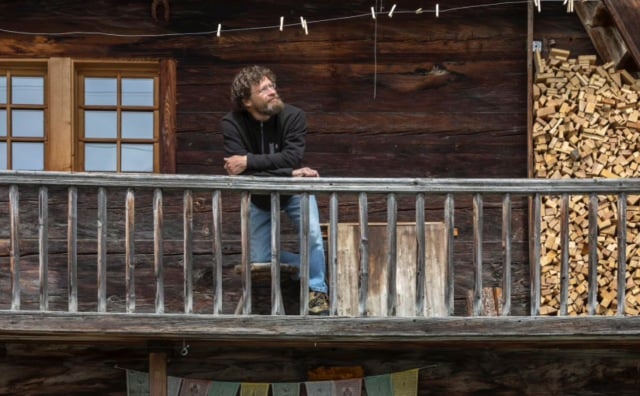Socialite Princesse Hermine de Clermont-Tonnere has been described as the French answer to renowned British 'It girl' Tara Palmer Tomkinson.
She’s been a regular in the Paris party set and was even invited to the Queen Mother’s 100th birthday party. Her father was a French duke and her mother owns three chateaus including the Chateau de Soudun.
She has appeared in films and TV series, written magazine columns and now presents a fashion show on French Television.
She is also an author and her latest book is about the decline of 'savoir-faire' or manners in French society.
Princesse Hermine tells The Local that 'politesse' is disappearing from French life, and offers some hard-hitting reasons why.
'The new generation don't have the same civility.'
Here in France we are the precursors of politeness. It’s normal to say ‘vous’ to your mother or grandmother and then ‘tu’ to your sister.
“You need to respect the difference in age.
A little girl in the street who doesn’t know me should say ‘vous’. It’s a mark of a respect.
If you say ‘Je t’aime’ it’s nice but if you say ‘je vous aime’ its fantastic and romantic.
The new generation doesn't have the same civility. Their parents and their schools don’t give them this set of rules and manners, of how to speak to people.
'I'm from a Sicilian family. We have strong rules.'
There are many reasons for this. Computer games and TV shows are all about violence. Cartoons are aggressive these days. They’re not like Walt Disney. The language is aggressive.
Look at music too. When you hear lyrics like ‘We will f**k your wife’ and so on – that’s violent . We didn’t have this kind of thing before.
I am from a Sicilian family and we have strong rules. The mafia and gangsters always had strong rules within the family about how to respect your grandmother and other members of the family.
This kind of respect is so important.
Etiquette and politeness are like driving. You can’t just do whatever you want. There has to be laws and rules. People don’t understand politeness, but it is so important in life.
Maybe if we had TV shows teaching people how to be polite it could help. Cooking shows are everywhere at the moment but maybe if we had shows about good manners, it could teach people that it’s not ridiculous to be polite.
Do you agree or disagree? Leave a comment below, and join the debate.
Princesse Hermine de Clermont-Tonnere's new book "Savoir vivre au XXIe siècle – Politesse oblige" is available in French from Amazon.



 Please whitelist us to continue reading.
Please whitelist us to continue reading.
Member comments